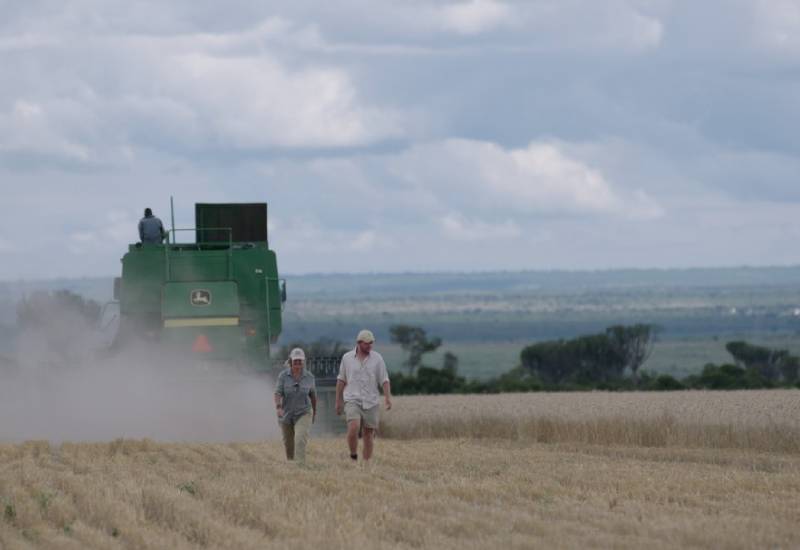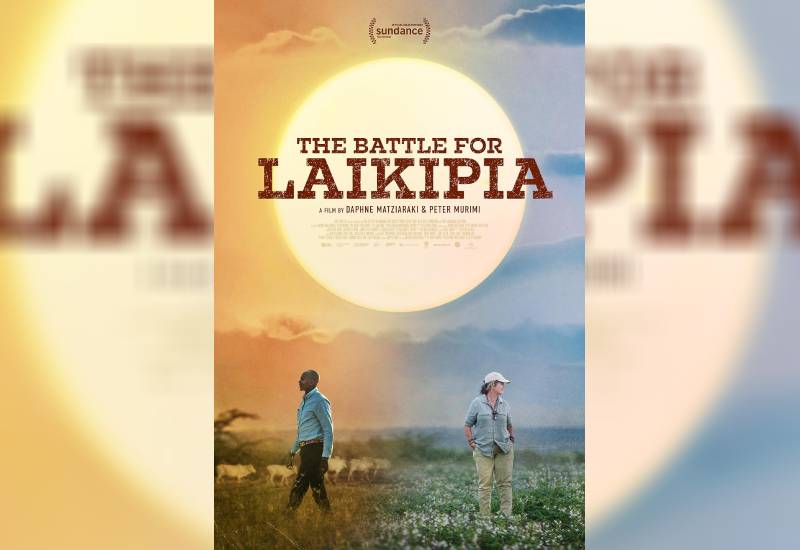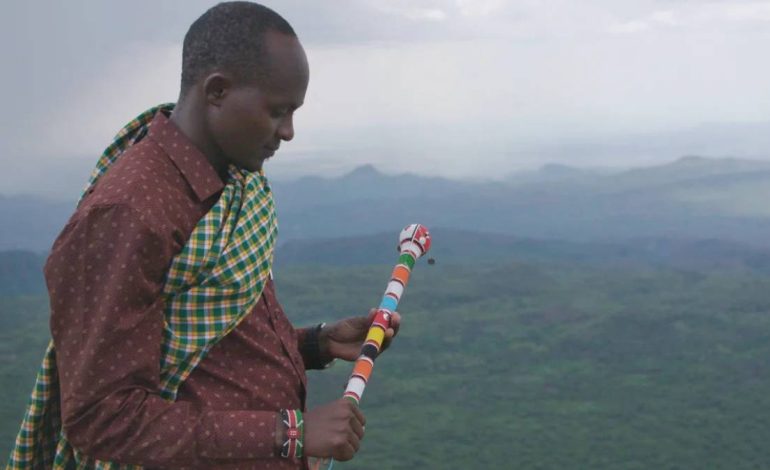
A Kenyan film, The Battle For Laikipia, is now showing in cinemas across the UK.
The movie first premiered at the Sundance Film Festival in January. It has been described as an illuminating documentary which examines the tensions between indigenous pastoralists and commercial ranchers within Kenya’s wildlife conservation haven, Laikipia.
“At the turn of the 20th century, Laikipia in Kenya saw an influx of British settlers who were allowed to claim ownership of uninhabited and uncultivated territory. Much of the local population were stripped of their own land and forced to work as hired hands; many were killed,” The Guardian reviews it.
“While more than 60 years have passed since the end of British rule, the stark racial inequality in Kenya remains.”
The film is directed by Daphne Matziaraki (Greece) and Peter Murimi (Kenya), who noted in a joint statement early this year that it was exciting to create a film that fosters conversations about home and belonging, “especially as climate change creates pressure on our lived experiences across the world.”

The film is produced by Toni Kamau of We are not the Machine (Producer for Softie, Sundance 2020), and Executive produced by Roger Ross Williams and Geoff Martz of One Story Up (Netflix’s Stamped from the beginning, Netflix’s High on the Hog).
The documentary content was filmed for a period of over 5 years.
“We follow Simeon and his family- Simeon is a Samburu man, and the Samburu have been pastoralists for centuries, moving, looking for pasture for their animals,” Director Peter Murimi described the filming process.
“We follow the Dods family, who are fourth-generation Kenyans. Their great-great-grandfather moved from England to South Africa. These two families find themselves at the forefront of the battle for grass, water and land rights. But this conflict happening in this corner of the world is so relevant to so many other places and people in the world right now.”
One Story Up writes in a synopsis of the film: “Our story goes beyond the headline grabbing conflict. Exploring identity, the complicated legacy of British colonialism, and the intersection with climate change, all while happening during the most fragile moment of our planet.”









